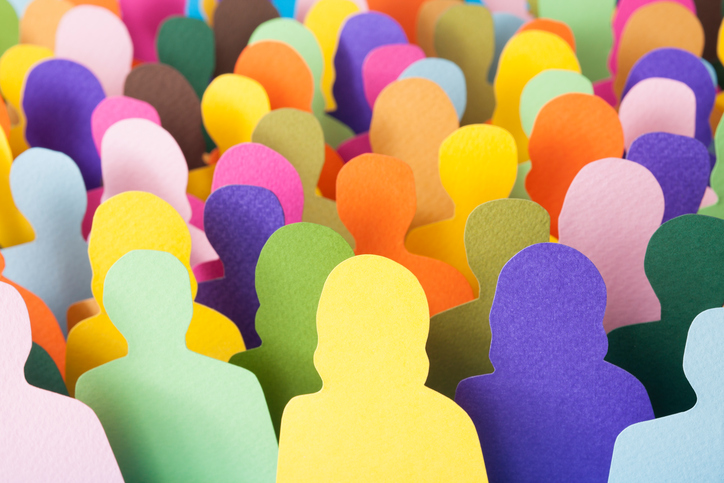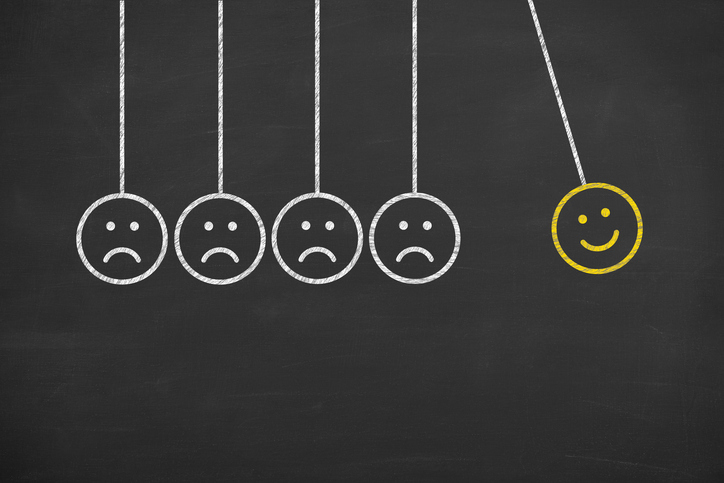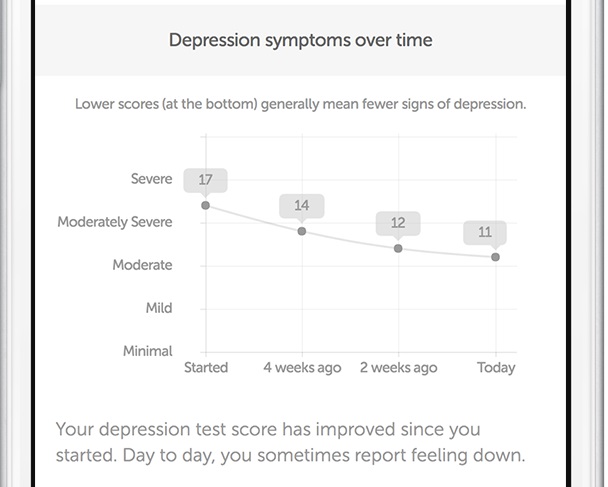
Google lets users test their level of depression
The tech giant has teamed up with the National Alliance on Mental Illness to offer users access to a clinically validated depression questionnaire.

The tech giant has teamed up with the National Alliance on Mental Illness to offer users access to a clinically validated depression questionnaire.

EHRs can be a nuisance. But new research shows data from electronic health records can be a useful tool for population health surveillance.

Hear executives from Quantum Health, Surescripts, EY, Clinical Architecture and Personify Health share their views on digital transformation in healthcare.

The William K. Warren Foundation co-led the round with angel investor Kevin Ryan.

Australia has launched a 20,000-person genomics study to uncover new genetic variants related to depression. It's part of a wider 200,000-person international initiative, the largest-ever undertaking in the field.

Iodine is teaming up with TMS Health Solutions, a network of psychiatric service providers in Northern California, to make Start a part of depression treatment at TMS clinics.

The regulatory agency said there are psychological and physical risks associated with use of such devices, including depression, anxiety and what appears to resemble PTSD. In addition to psychological effects, there have been reports of burns, tissue damage and shocks.

As technology advances, AI-powered tools will increasingly reduce the administrative burdens on healthcare providers.

There seems to be a correlation between diabetes and depression, and medications to treat the latter might be effective for both.

Treatment for depression, anxiety and insomnia doesn't necessarily need to be provided with the help of pharmaceuticals. Caputron is demonstrating that with its mindGear device.

There was a lot of big Salesforce Health Cloud news this week, along with insights on treating depression and a new video game that simulates what it's like to work in Big Pharma.

Tal Medical is using a neurostimulation treatment that could potentially change the face of psychiatric treatment entirely.

The Israeli startup is helping jolt patients out of depression - commercializing a device stateside that harnesses MRI technology to stimulate deep brain tissue to improve mental illness.

If patients with depression could keep track and send information about their daily moods instead of waiting for weekly or monthly visits, treatment could be specified more accurately for each individual.

Can digital care coordination tool for health plans and employers transform a broken system for assessing and treating depression and other mental health needs.

Imagine you break your leg. You pop an oxycodone, and the pain will quickly subside. Physical pain can usually be treated quickly – but the same does not hold true for mental health. For instance, it takes four to 10 weeks for your standard SSRI to kick in and start treating depression. That just isn’t fast enough for patients […]

Smokers frequently credit their cigarettes as a source of stress relief or a way to calm their nerves. But research from the University College London and the British Heart Foundation has indicated that not only is that not true, smoking can actually be the cause anxiety and depression. More than 18 percent of smokers in […]